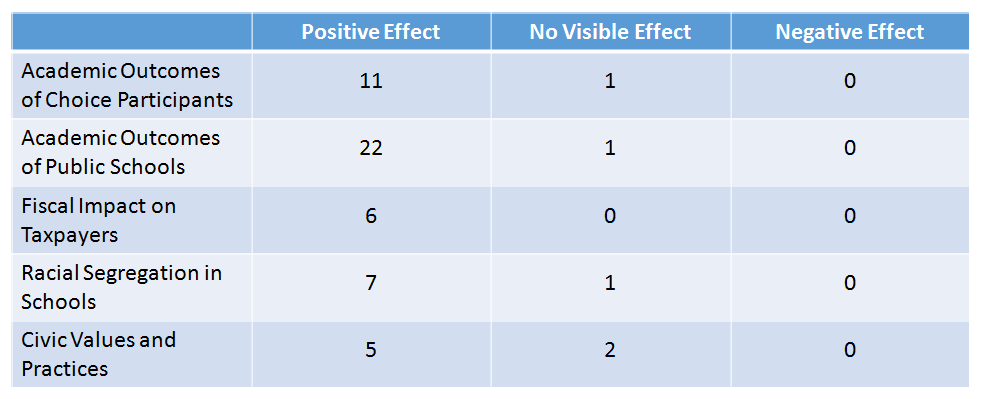"The Libertarian Case for School Choice"
It's National School Choice Week, with over 16,000 events celebrating expanded options for students, parents...and teachers too.
Reason is proud to once again be involved with National School Choice Week, which celebrates school choice broadly defined. Over the next week or so, over 16,000 events in every state in the country will champion the growth and variety of programs that bring more options to more students and parents (and teachers, too).
Most school-choice proponents trace the roots of the current movement to Milton Friedman's 1955 essay proposing universal school vouchers for K-12 students (read Reason's 2005 interview with him about that here). According to the foundation that bears Friedman's name (and that of his wife and collaborator, Rose), "there are 59 school choice programs on the books in 28 states and the District of Columbia." These range from voucher programs that allow mostly low-income children to attend whatever schools they want; Educational Savings Accounts (ESAs), which give kids a lump sum of public money to be spent on education however they and their parents decide; tax-credit scholarships, which allow taxpayers to deduct money they donate to educational organizations; and individual tax credits and deductions, which allow parents to deduct educational expenses from their own taxes.
Then there are charter schools, which are publicly funded schools run by nonprofits (and occassionally by for-profit firms) that receive a portion of a district's per-pupil spending amount but are free from many district regulations. Charters started in the 1990s in Minnesota and now, according to the Department of Education:
From school year 1999–2000 to 2012–13, the percentage of all public schools that were public charter schools increased from 1.7 to 6.2 percent, and the total number of public charter schools increased from 1,500 to 6,100. During the most recent period from 2011–12 to 2012–13, the percentage of all public schools that were charter schools increased from 5.8 to 6.2 percent, and the total number of public charter schools increased from 5,700 to 6,100.
Schools that are chosen by parents and students using public funds are not only becoming more popular, they are effective. Here's a 2013 summary by Greg Foster of "gold-standard" studies that match students in choice programs with similar students in traditional public schools that are assigned based on residential address.

As important, I'd argue that school-choice programs represent a powerful step forward in what we at Reason sometimes call "the Libertarian Moment," or "a time of increasingly hyper-individualized, hyper-expanded choice over every aspect of our lives…a world where it's more possible than ever to live your life on your own terms."
We take this trend for granted in our personal lives, our work lives, and our cultural lives, where repressive old standards continue to break down swiftly. Education is one of the few places where our kids are still stuck in places that look like the minimum-security prisons or light-industrial factories we attended—and the ones our parents attended before us. School choice allows us to individualize our kids' education just as we increasingly individualize so many aspects of our own lives, from racial and gender affiliation to where and who we work to what sorts of movies, music, and food we produce and consume.
To the extent that school choice privileges individual needs over rigid conformity and responds to differences in students instead of trying to treat all as identical inputs, it's an important break with old, industrial models of education and social organization.
We'll be returing to this issue throughout the week and making the libertarian case for school choice.
In the meantime, check out National School Choice Week's website and this vid below, which talks about how technology provides a way past boring and ineffective education:


Show Comments (25)